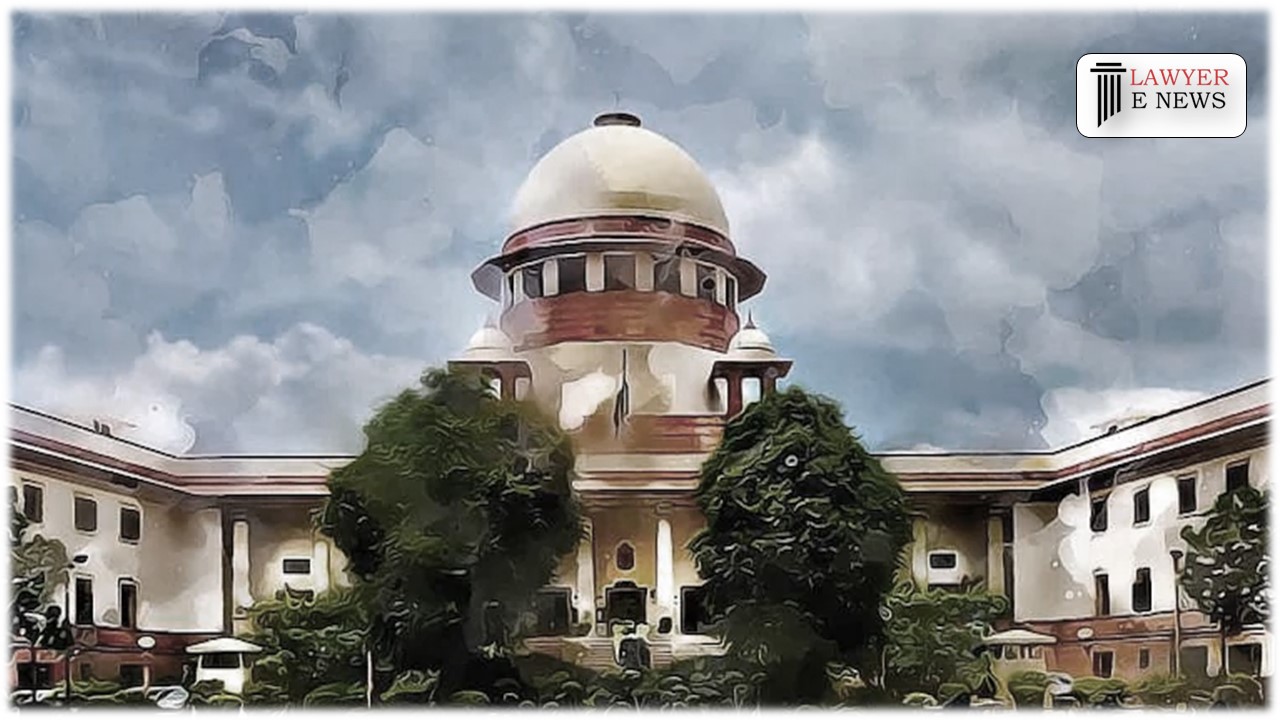-
by Admin
15 February 2026 2:16 AM



In a landmark judgment, the Supreme Court of India affirmed the High Court of Gujarat's promotion process for Civil Judges (Senior Division) to the post of Additional District Judge under Rule 5(1) of the Gujarat State Judicial Service Rules, 2005. The petitioners challenged the application of the 'Merit-cum-Seniority' principle, asserting it was effectively a 'Seniority-cum-Merit' approach. However, the apex court upheld the promotion process, asserting that it aligned with established judicial standards.
The petitioners, Ravikumar Dhansukhlal Maheta and another, contended that the High Court of Gujarat's promotion method, which included a Suitability Test comprising a Written Test, Evaluation of Annual Confidential Reports (ACRs), Assessment of Average Disposal, and Evaluation of Judgments, misapplied the 'Merit-cum-Seniority' principle. They argued this process favored seniority over merit, contravening the intended promotion criteria.
Quote from Judgment: "The existence of an alternative remedy under Article 226 does not affect the maintainability of a petition under Article 32. This rule is one of self-restraint and convenience."
Court’s Rationale: The court entertained the petition on merits, emphasizing that alternative remedies do not preclude Article 32 petitions (Paras 37-43).
Quote from Judgment: "The principle of 'Merit-cum-Seniority' does not mandate a comparative merit assessment but rather an assessment of minimum suitability."
Court’s Rationale: The court examined the evolution of promotion principles, statutory provisions, and judicial interpretations, clarifying the distinct modes of recruitment and their objectives (Paras 44-139).
Quote from Judgment: "Enhancing the Suitability Test by including an interview component, raising minimum threshold marks, and evaluating judgments from the last two years ensures a comprehensive assessment of candidates."
Court’s Recommendations: The court suggested improvements to the Suitability Test, such as incorporating an interview component and raising minimum threshold marks (Paras 140-146).
Decision The Supreme Court upheld the High Court of Gujarat's promotion process, confirming that it adheres to the 'Merit-cum-Seniority' principle as established by All India Judges’ Association (3). The Suitability Test was deemed valid and comprehensive, assessing candidates' legal knowledge, efficiency, and case law comprehension. The petition was dismissed, and the Select List dated March 10, 2023, was upheld.
Date of Decision: May 17, 2024
Ravikumar Dhansukhlal Maheta & Anr. vs. High Court of Gujarat & Ors.'
